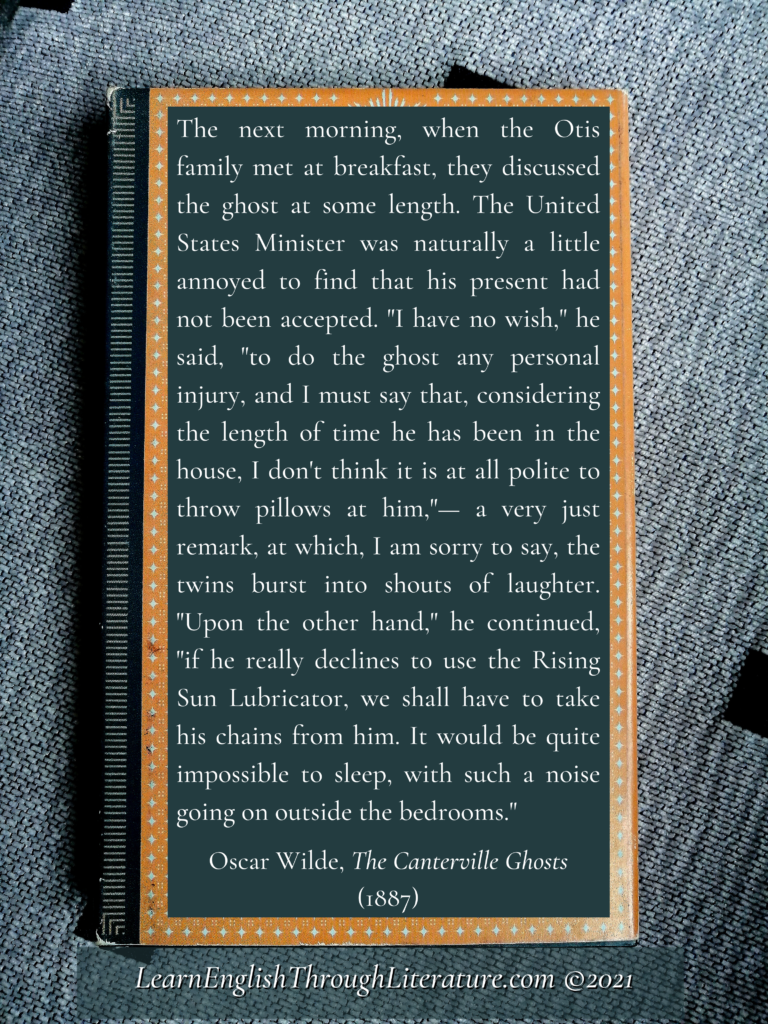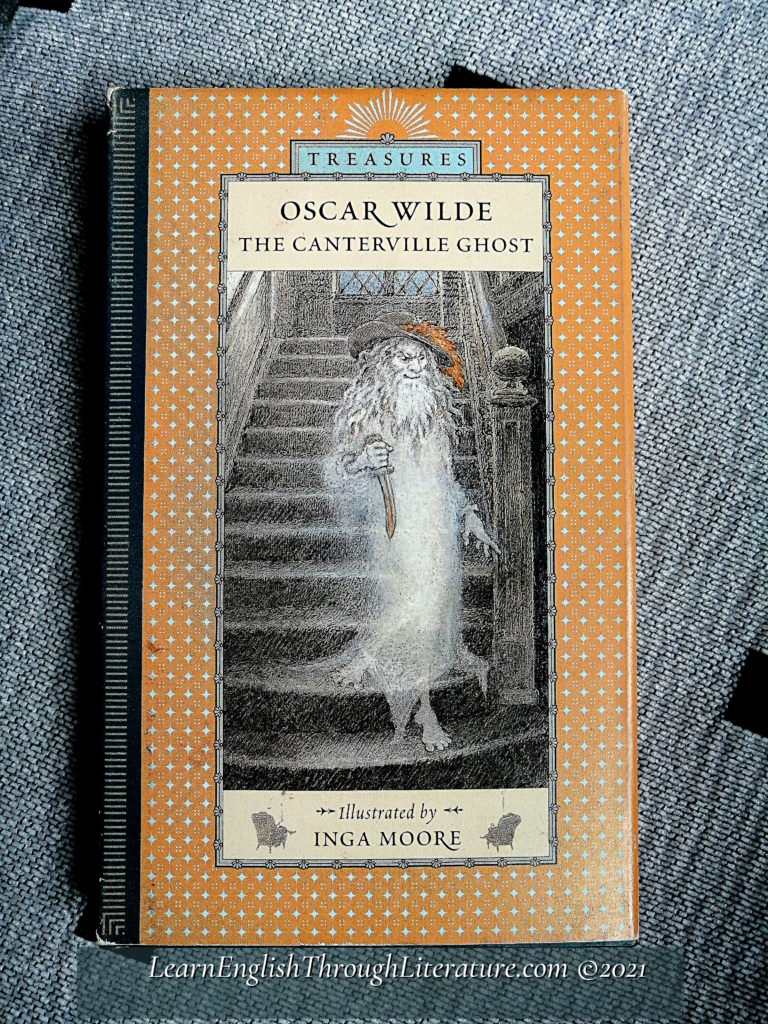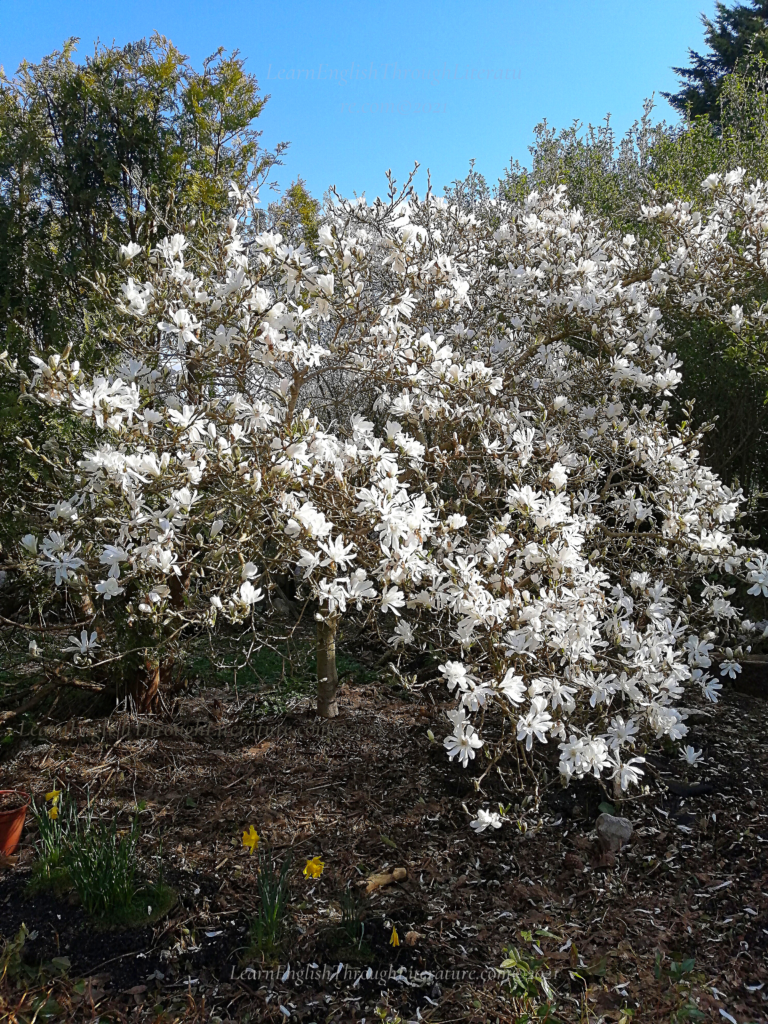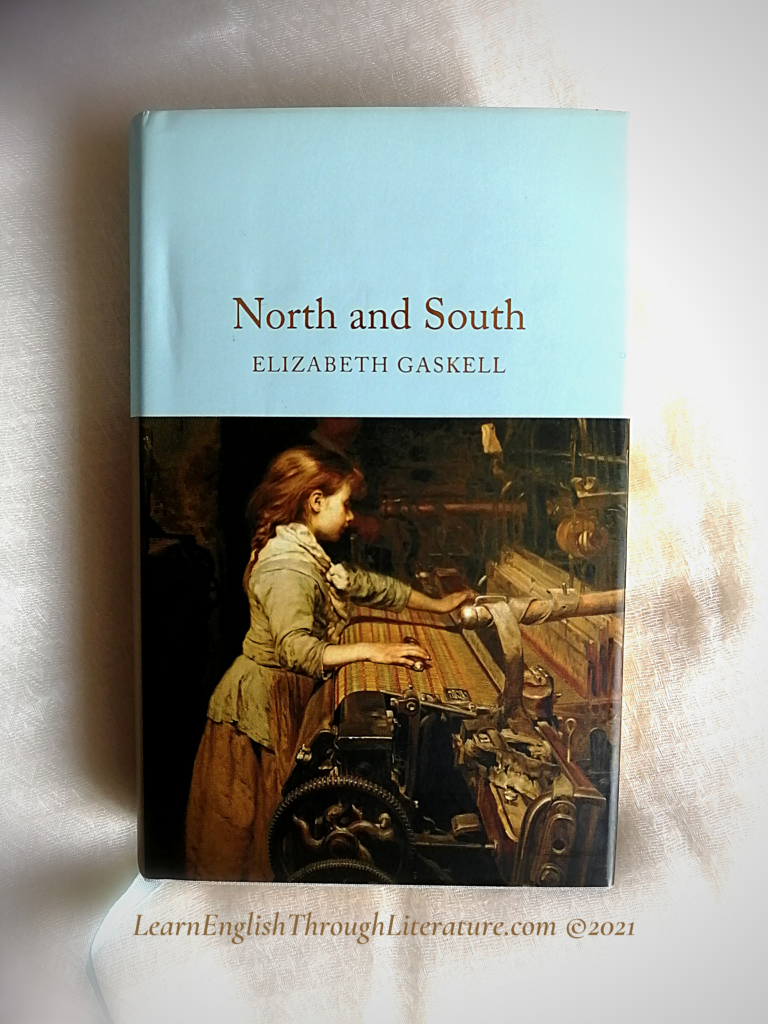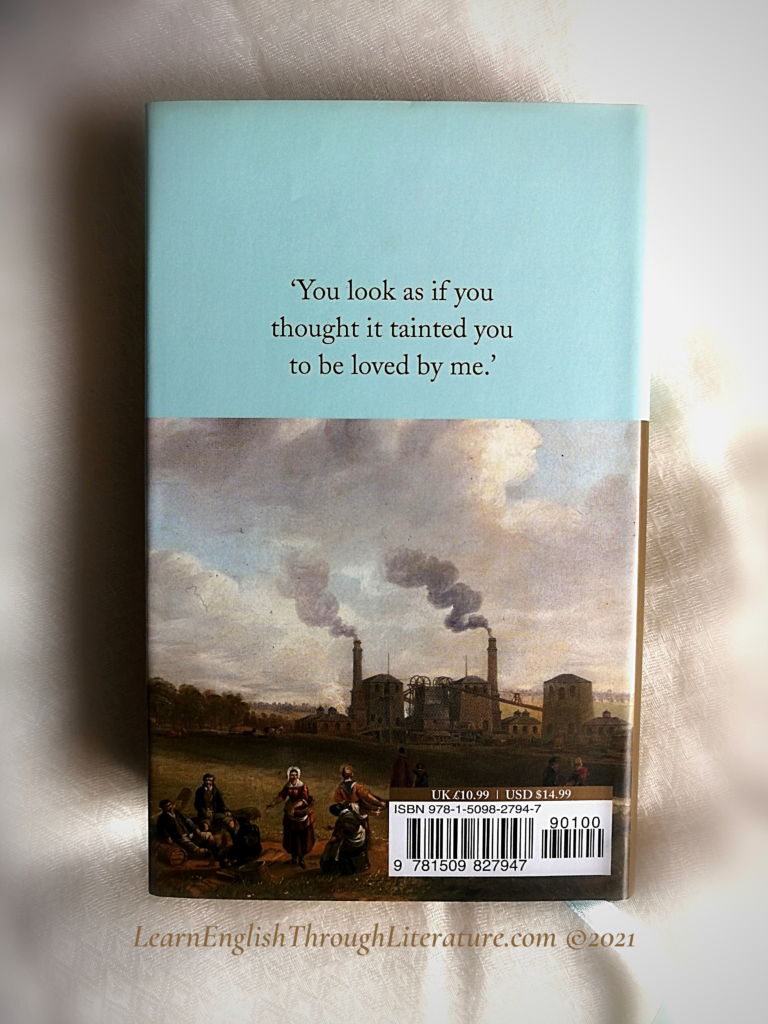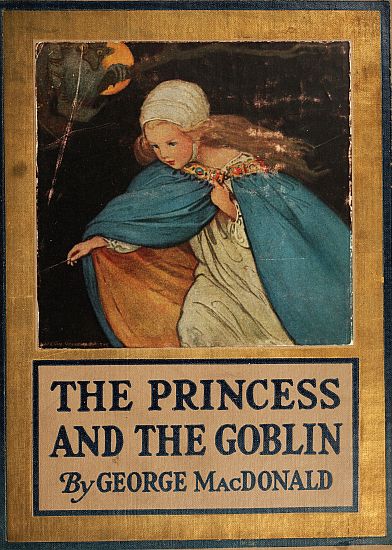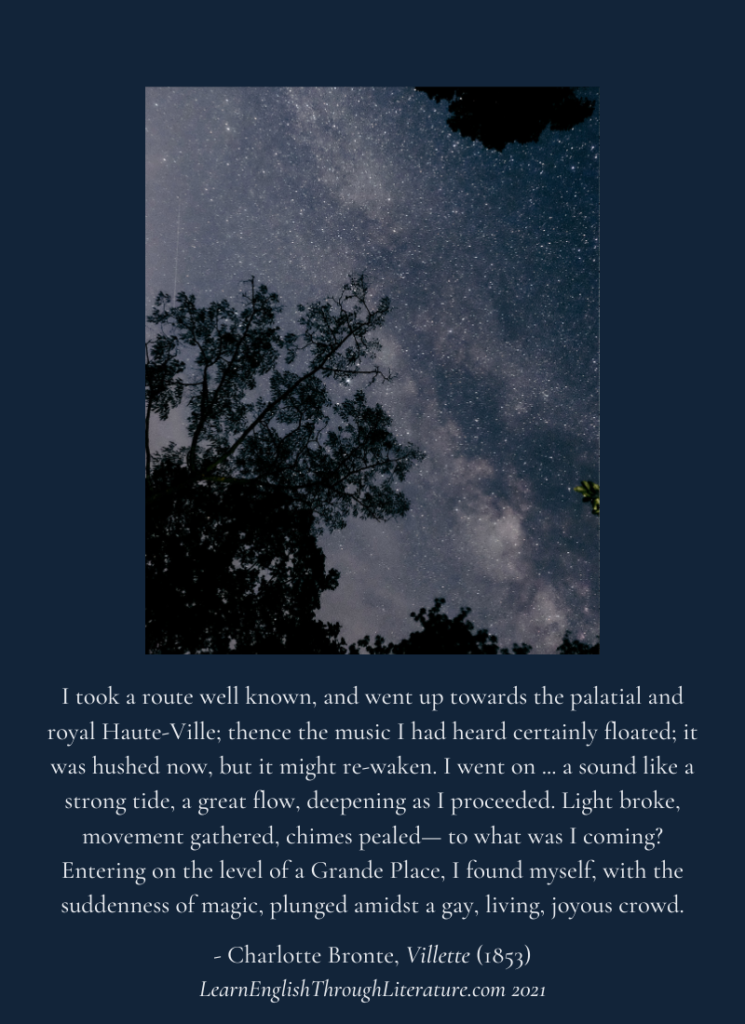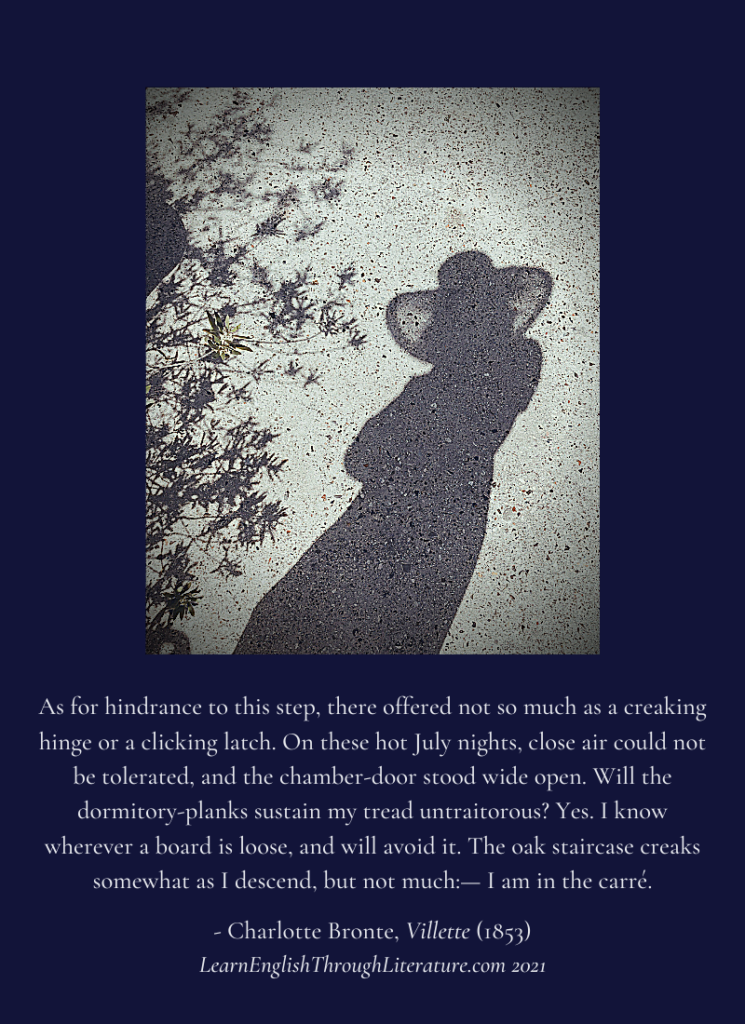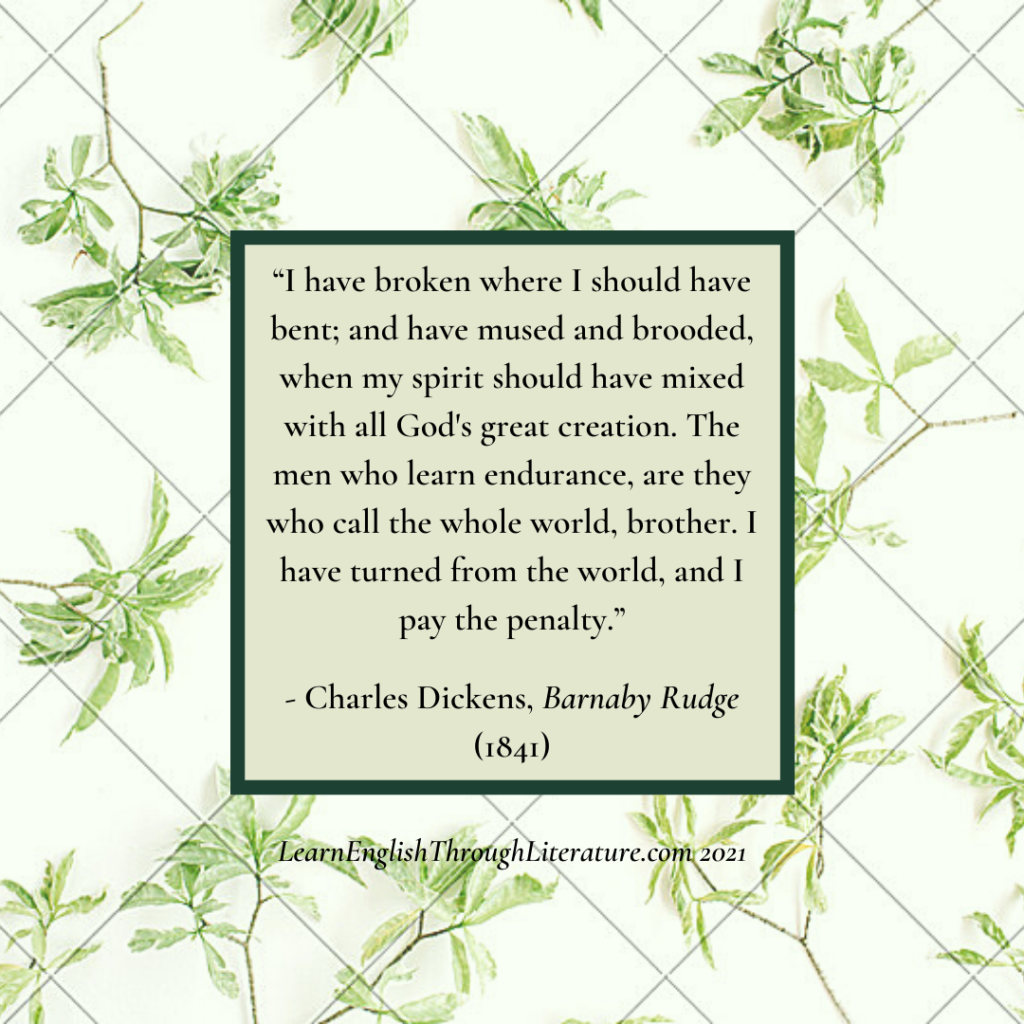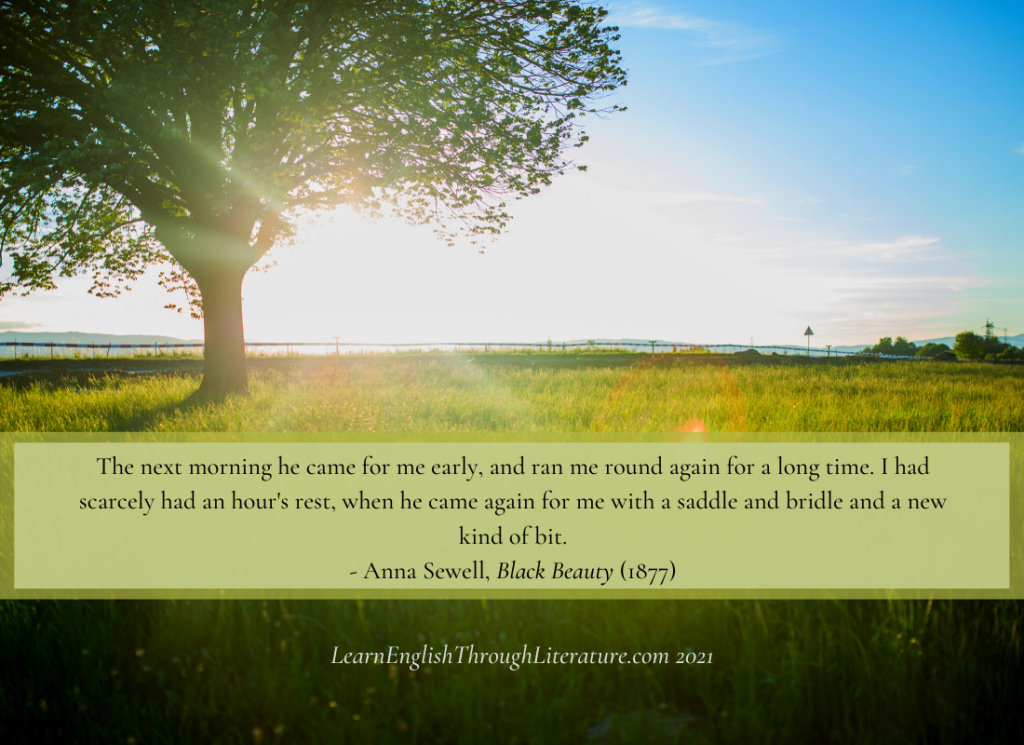Mini-Lesson Monday, Lesson #212 (Part 2): Multiple Verbs and Correct Word Order
This is Part 2 of our complete Lesson in which we look at past perfect verb form + adverbs past participles + infinitives present participles + infinitives simple past tense + 2 infinitives 2 simple past tense constructions in a row 2 different verb forms (simple past + present participle) in a row … 📝 […]
Mini-Lesson Monday, Lesson #212 (Part 2): Multiple Verbs and Correct Word Order Read More »

